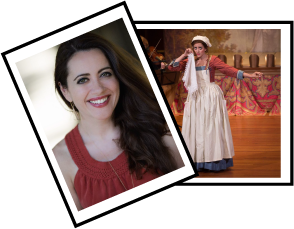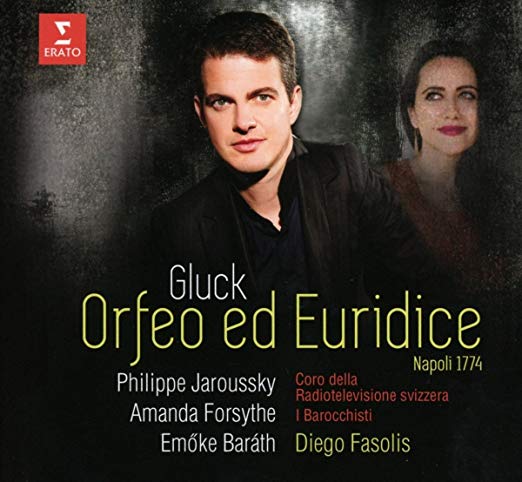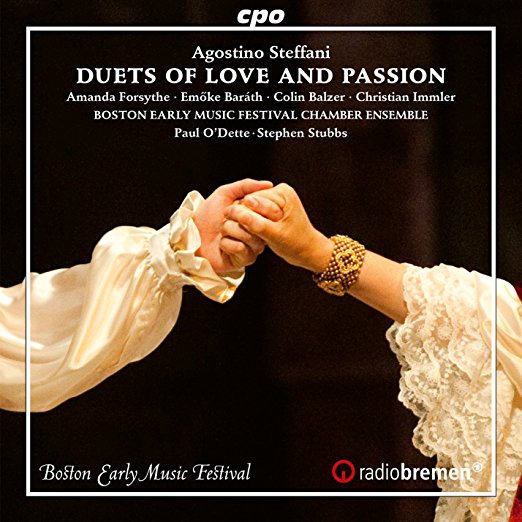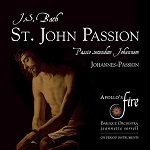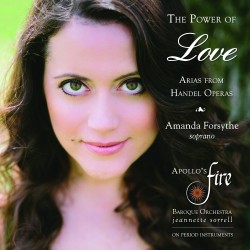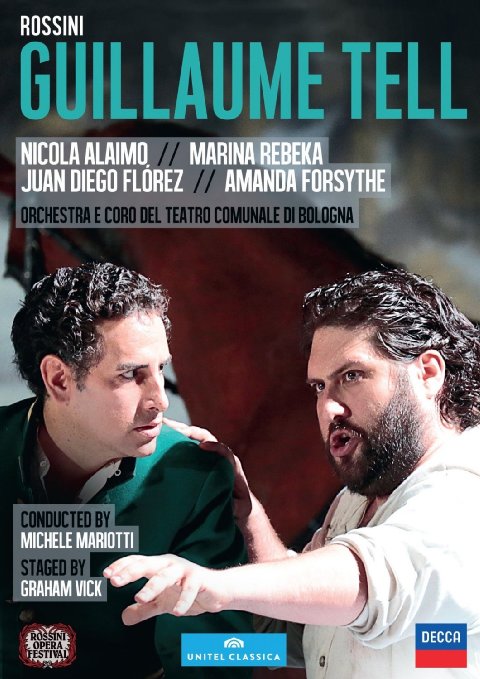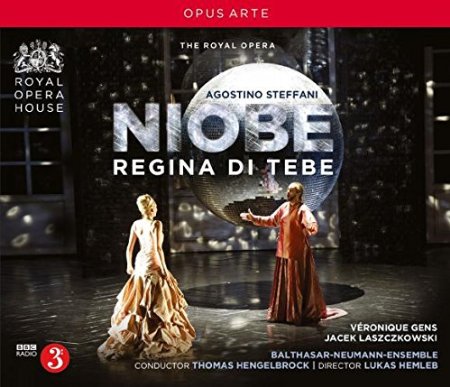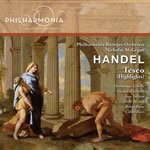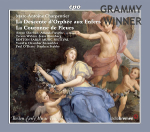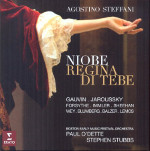A Recent Interview With The Boston Globe
James Strecker Interview with Amanda Forsythe
Read James Strecker Reviews the Arts Interview with Amanda Forsythe
The Power of Love Tour, Critical Acclaim
"Forsythe’s voice is marvelous — clear, florid, and warm at the same time — but the context highlighted her fundamentally superb rhythm. In the faster of her six Handel arias, passagework darted with glinting precision, exhilaratingly even, with confidently audacious ornamentation. (Forsythe’s coloratura provocations in “Tornami a vagheggiar” dropped with timing so exquisite it verged on comic.) But even in slower numbers — “Geloso tormento” (with a plangent oboe obbligato by Debra Nagy), or the moody “Amarti si vorrei,” or especially “Piangerò,” Cleopatra in the depths of despair — Forsythe stretched time without sacrificing temporal structure, the sense of underlying implacability against which the music could expressively push. A two-part encore summed up the evening: Forsythe’s poignant but impeccably controlled rendition of Henry Purcell’s “If love’s a sweet passion” led directly into a thumping, bustling, rather insistent performance of an O’Carolan jig. It was competing forms of stardom: charismatic poise and assertive likability."
The Boston Globe/ Matthew Guerrieri
"Forsythe possesses a jaw-dropping facility with the burbling lines and clarion ranges so idiomatic to Baroque music, and she is beloved to local audiences, having performed as soloist with Boston Baroque and the Boston Early Music Festival on numerous occasions. She sang with a shimmering tone and a fine ear to the emotional content of the Handel arias that she presented, fully capturing the fleeting excitement of first love to jealousy and madness. In “Il primo ardor” from Ariodante, her voice took on a light quiver to give the music a feeling of intensity. She did the same with “Tornami a vagheggiar” from Alcina, her high notes plucked out with a flute-like tone. “Geloso tormento” from Almira was especially moving and aptly pained, with Forsythe singing her lines with dark tone and palpable weight. Oboist Debra Nagy added her own emotional touch by spinning sorrowful lines around the singer. Forsythe also found the aching beauty in the outer sections of “Piangerò” from Guilio Cesare, and she dug in for a fiery “Ma poi morta” to give the music a palpable anger. “Da Tempeste” from the same opera returned Forsythe to the dexterous vocal style that characterized her singing earlier in the evening, the singer tossing off the vocal flourishes and arpeggios with ease."
Boston Classical Review/ Aaron Keebaugh
Catching up with Amanda Forsythe
Learn more about Amanda in a recent interview by ClevelandClassical or listen to an interview with her on IdeaStream.

